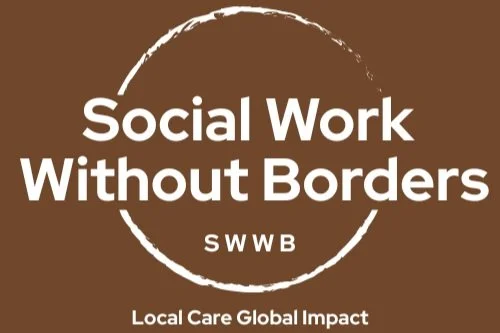The truth: We haven’t changed
Be safe, healthy and thriving
We are living in an era where human rights trumps political convenience, economic gain, and even long-standing cultural norms. Around the world, individuals and communities are increasingly empowered to demand dignity, equality, and justice, challenging oppressive systems and outdated ideologies. Movements advocating for racial equity, gender rights, freedom of expression, and the protection of marginalized groups have reshaped global conversations and policies.
However, we haven’t changed. In every pocket of the world, children and women remain the most vulnerable, often bearing the brunt of systemic inequality, violence, and neglect. Despite the progress in legislation and advocacy, millions still face barriers to education, healthcare, and safety—particularly in conflict zones, impoverished regions, and patriarchal societies. Girls are denied schooling, women are subjected to sexual and gender-based violence, and children are exploited for labor or trafficked across borders. These injustices reveal a troubling gap between the ideals of human rights and the realities on the ground, reminding us that the fight for universal dignity must be relentless, inclusive, and grounded in action—not just aspiration. While challenges remain, the growing prioritization of human rights reflects and garners us towards a collective shift in building a more compassionate and inclusive society—one where every person’s inherent worth is recognized and defended.
In the context of refugees in Malaysia with a low-resource setting, the vulnerabilities are amplified due to the lack of legal protection, cultural and societal barriers, and the breakdown of traditional support systems. Refugee women and children, in particular, face heightened risks of exploitation, abuse, and neglect, often without access to legal recourse or basic services such as education and healthcare. The absence of official refugee status leaves them in legal limbo, unable to work or move freely, while pervasive discrimination and language barriers further isolate them from the host community. Without robust protection mechanisms or inclusive policies, their fundamental rights remain compromised, reinforcing cycles of poverty, trauma, and marginalization that are difficult to break.
This precarious situation is further compounded by limited access to psychosocial support, safe housing, and reproductive health services, which are critical for the well-being of displaced families. Refugee women often shoulder the burden of caregiving under extreme stress, while children—many of whom have experienced trauma—struggle with interrupted education and unsafe living conditions. Despite the resilience shown by these communities, the structural barriers they face demand urgent and coordinated responses from both governmental, non-governmental actors and public. Investing in inclusive policies, community-based support systems, and targeted protection programs is essential not only for alleviating immediate suffering but also for upholding the basic human right of children and women to be safe, healthy and thriving.
SWWB is involved in making transformative changes in the children, women and family by responding to the high risk gender-based cases such as physical abuse, sexual abuse, domestic violence and women at risk. For the survivors of violence, SWWB commits to ensure protection mechanisms are in place; assist in building resilience, stability and peace in life; help restore the sense of identity and self-worth; and raise awareness and knowledge of the communities to create a space that is safe, healthy and thriving.
p/s: find out how we transform the community here and speak to us about our comprehensive case management approach.
Appendix:
1. Image above are from Google

